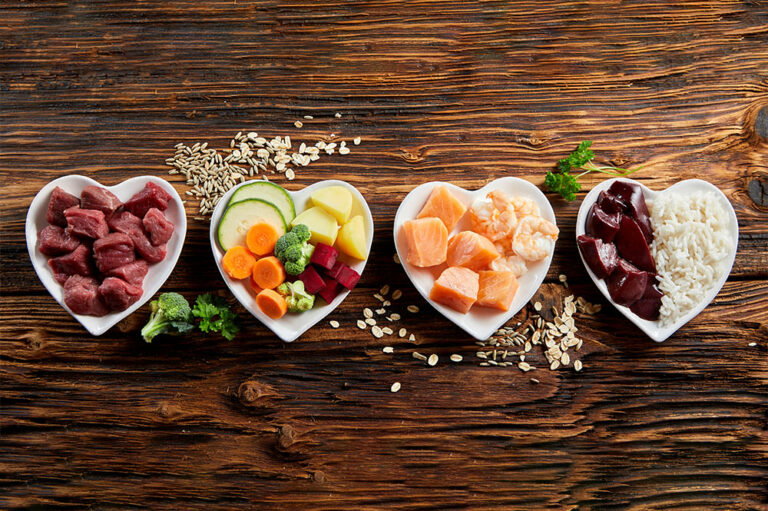Chronic obstructive pulmonary disease, or COPD, is an inflammatory lung disease involving the obstruction of air passage to the lungs. COPD is an umbrella term that comprises several progressive lung conditions, such as chronic bronchitis and emphysema. Research data suggests nearly 16 million adults nationwide grapple with COPD. Besides consulting a pulmonologist early, a healthy lifestyle is essential to combat the disease. Here are some foods one should avoid to manage COPD symptoms better.
French fries
One medium serving of French fries has about 260 mg of sodium, which comes from its high salt content. Salty foods elevate one’s blood pressure, increasing one’s risk of pulmonary hypertension, a common complication associated with COPD. Moreover, since it is deep-fried, it can aggravate stomach inflammation and worsen COPD symptoms. Hence, it is best to avoid French fries and other foods containing high salt levels while healing from COPD.
Cured meats
Studies indicate that cured meat sources like sausages, hot dogs, and bacon can increase one’s risk of COPD and lung dysfunction. It is possible that the presence of nitrites, i.e., preservatives contained in cured meats, are triggers of COPD. Thus, patients with COPD should replace processed or cured meats with fresh lean meat sources like chicken and turkey breast.
Broccoli
Although broccoli and other cruciferous vegetables, including cabbage, bok choy, cauliflower, and Brussels sprouts, are packed with nutrients, they can trigger or aggravate bloating and associated breathing problems. While one need not completely avoid these vegetables, it is best to incorporate more alternatives that may be lighter on the stomach while recovering from COPD.
Coffee
Although coffee may be the perfect start to one’s day, the high levels of caffeine in this beverage can trigger gastrointestinal reflux disease, or GERD, characterized by bloating and indigestion. The onset of GERD can worsen one’s COPD symptoms and affect recovery. Hence, people with COPD should limit their caffeine intake to the best extent possible, replacing such beverages with fresh fruit juices, soups, smoothies, etc.
Carbonated beverages
Carbonated beverages like sodas contain high carbon dioxide levels, causing bloating, flatulence, and worsening COPD. The lungs of patients with COPD eventually become enlarged due to the accumulation of gas and air, causing breathing difficulties. Hence, carbonated beverages should be replaced by other freshly prepared beverages.



